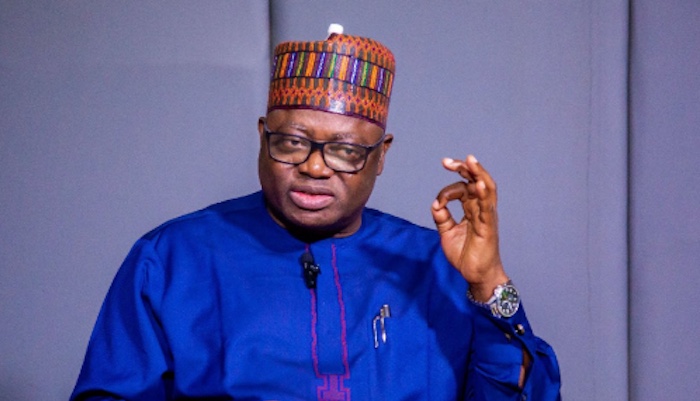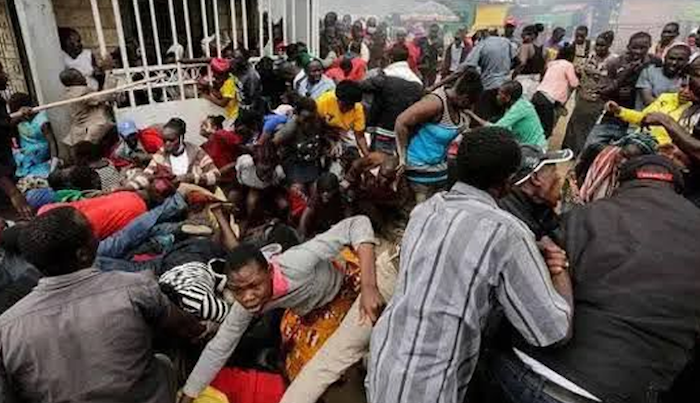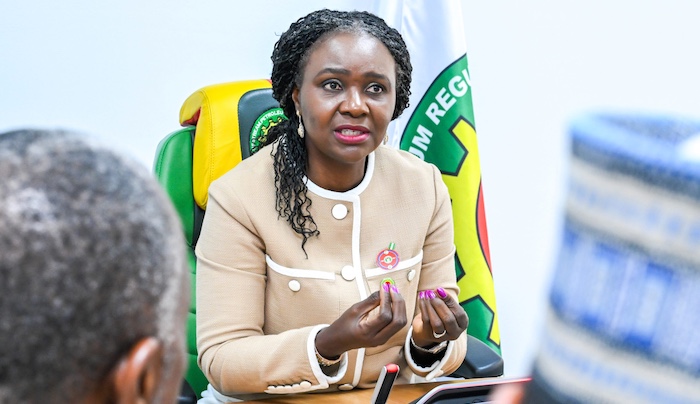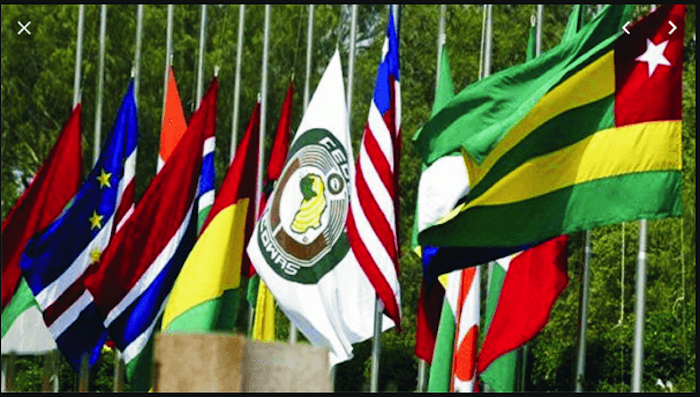
National Orientation Agency (NOA) warned that Nigeria risked deeper poverty, social disunity, and democratic setbacks unless urgent steps were taken to raise literacy levels and equip citizens with digital skills.
Speaking in on Monday in Abuja at an event to mark the 2025 International Literacy Day, NOA Director General, Mallam Lanre Issa-Onilu, said literacy must be treated as a national survival issue.
Issa-Onilu said, “Literacy is not just about reading and writing – it is the gateway to knowledge, innovation and meaningful participation in the democratic process, a literate Nigeria is a stronger Nigeria. Together, let us make reading and learning a culture that defines us as a people.”
He said Nigeria could not achieve sustainable development if large sections of its population remained locked out of knowledge and digital skills, stressing that literacy is central to poverty reduction, improvement of civic participation, and preparation for the global knowledge economy.
“If we do not equip ourselves with digital skills, we risk being left behind,” he warned.
Issa-Onilu urged state governments, parents, teachers, and community leaders to treat literacy as a collective responsibility
He called for the strengthening of public libraries and the removal of barriers to education for women, girls and other vulnerable groups.
On their part, civil society groups in Abuja, particularly, National Association of Seadogs (NAS), pointed to the widening gap in digital learning across the Federal Capital Territory (FCT), warning that poor facilities and neglect in government schools threaten Nigeria’s future workforce.
Capone of NAS, Sahara Deck, Mr. Chike Onyia, said many schools in the territory were unfit for digital training. “We cannot talk about preparing young people for the future while our schools still struggle with basic infrastructure,” he said.
Onyia decried a situation where children from poor families spent their holidays hawking on the streets, instead of attending digital training programmes.
“This is a dangerous trend because the global economy is moving too fast, and Nigeria cannot afford to be left behind,” he said.
The group called on the FCT administration to audit schools, fix staffing and infrastructure gaps, review curricula to reflect digital needs, and subsidise internet access in public schools. It also urged area councils to organise boot camps to introduce students to digital technologies.
As part of its interventions, NAS said it had launched an “Adopt a Child School Campaign” to support indigent students.
The group also said it had donated computer systems to the Abuja Home in Karu, and provided learning materials to improve digital awareness.
Both NOA and NAS stressed that Nigeria’s future rested on how quickly it could move beyond rhetoric to actual investments in literacy and digital education.
Folalumi Alaran



